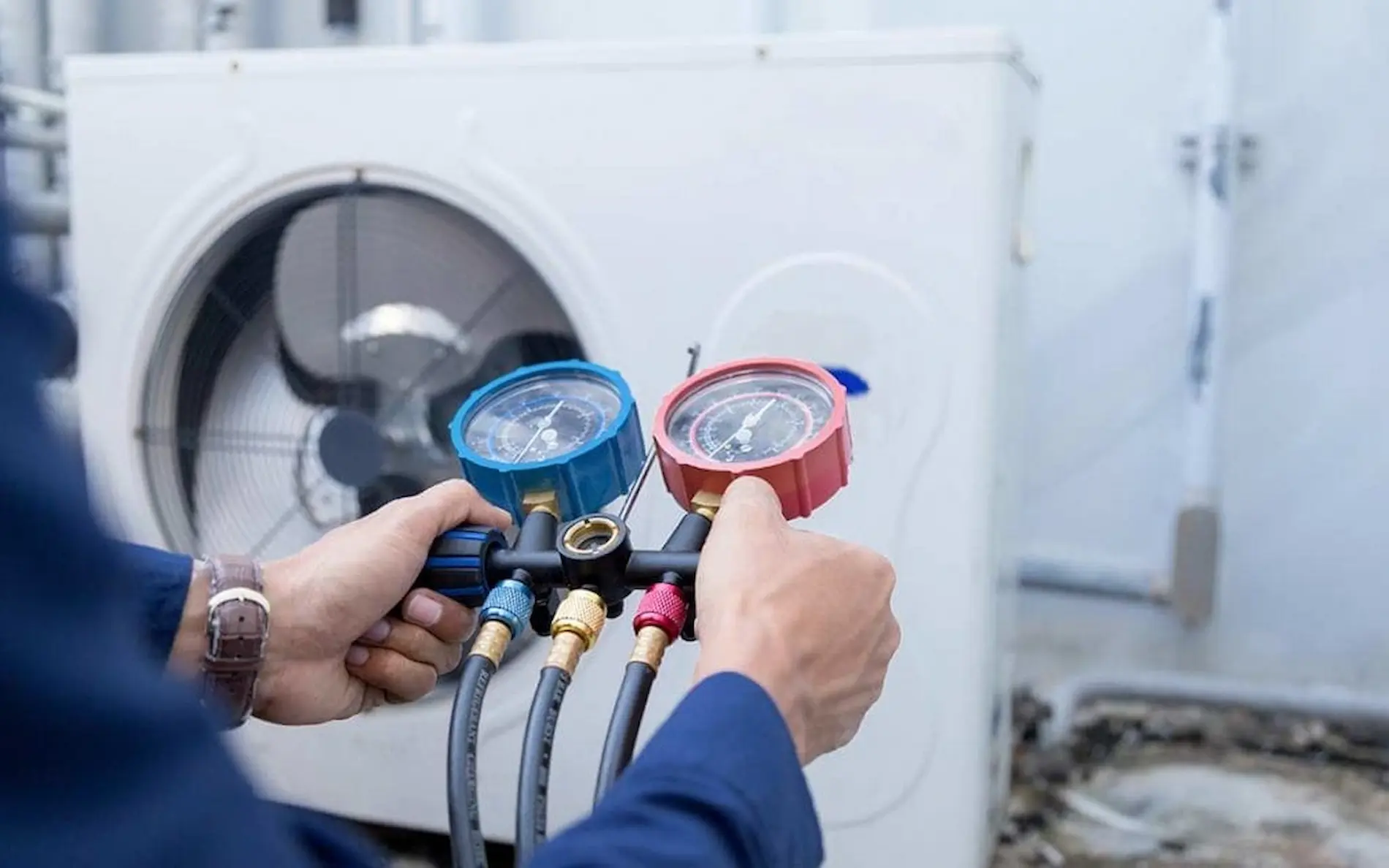4.8

What Happens If You Don’t Replace the Anode Rod in Your Water Heater?
Many homeowners in Des Moines use their water heaters daily without thinking about the components inside. But one of the most important and most overlooked parts of any water heater is the anode rod. This don’t Replace the anode rod metal plays a huge role in protecting your tank from rust and corrosion. When left unchecked, a worn-out anode rod can lead to major problems, including foul-smelling water, higher energy bills, and eventually complete water heater failure.
At Lazer Home Services, we frequently respond to calls where water heaters have been damaged due to neglected anode rods. Understanding the role this component plays, and why timely replacement is essential, can help you extend the life of your unit and avoid costly repairs.
What Is an Anode Rod and Why Is It Important?
The anode rod is a sacrificial piece of metal usually magnesium, aluminum, or zinc—that’s installed inside your water heater. Its job is to attract corrosive elements in the water so they attack the rod instead of the tank’s steel lining. This sacrificial process protects the inner lining of your water heater and significantly delays rusting and corrosion.
Over time, the rod degrades as it sacrifices itself to protect your system. If it’s not replaced in time, there’s nothing left to absorb the corrosive materials, and your water heater becomes vulnerable. That’s why regular inspections and timely anode rod replacements are so important.
What Happens If the Anode Rod Wears Out?
If you ignore your anode rod, serious problems can start to surface. Once the rod is depleted, corrosion begins attacking the water heater’s tank. The following issues are commonly seen in Des Moines homes with aging or unmaintained water heaters:

1. Tank Corrosion and Rusting:
Without an active anode rod, your water heater’s metal tank becomes the next target for corrosion. This rusting is often internal and goes unnoticed until it’s too late, leading to leaks or complete failure.
2. Smelly or Discolored Hot Water:
A degraded or missing rod can allow sulfur bacteria to thrive in the tank, leading to the unmistakable smell of rotten eggs when using hot water. This is a common complaint among homeowners in Central Iowa, and a zinc or aluminum rod can often fix the problem.
3. Reduced Efficiency and Higher Energy Bills:
As sediment and rust build up, your water heater’s efficiency drops. The system has to work harder to heat your water, which leads to longer run times and higher energy consumption.
4. Risk of Leaks or Tank Bursts:
Neglected corrosion will eventually cause the tank to weaken and rupture. At that point, repair is no longer an option—you’ll need a full water heater replacement, which can be a major expense.
How Often Should You Replace the Anode Rod?
Typically, anode rods should be replaced every 3 to 5 years, but this can vary based on water quality and heater usage. Homes in Des Moines often experience hard water, which wears down the rod more quickly. If you notice smelly water, discolored hot water, or inconsistent heating, it’s worth scheduling a professional inspection.
During routine maintenance visits, our team checks the condition of your anode rod. We can tell if it’s time for a replacement, preventing further damage to your unit.

How to Know If Your Anode Rod Needs Replacing
Here are a few signs your anode rod may be reaching the end of its life:
- Hot water smells bad – a strong sulfur or rotten egg odor
- Cloudy or rusty hot water coming from your taps
- Popping or rumbling noises from the tank due to sediment buildup
- Water heater over 3 years old with no prior rod replacement
- Visible corrosion when inspecting the rod
If you’re experiencing any of these symptoms in your Des Moines home, don’t wait until it’s too late. A quick inspection and affordable rod replacement can save you thousands in repair costs down the line.
Protecting Your Investment
Your water heater is one of the most important appliances in your home, supplying hot water for showers, laundry, and dishwashing. Replacing the anode rod is a simple, cost-effective way to protect that investment. It’s a basic part of preventative maintenance that too many homeowners overlook—until the damage is done.
If you’re unsure about the condition of your water heater, our team at Lazer Home Services is here to help. We proudly serve Des Moines and surrounding areas with professional inspections, repairs, and seasonal discounts to keep your system running smoothly year-round.
Why Des Moines Homes Are Especially at Risk
Des Moines and other Central Iowa communities are known for hard water—water with a high concentration of minerals like calcium and magnesium. While this isn’t dangerous to health, it’s incredibly harsh on plumbing systems, appliances, and especially water heaters. Hard water accelerates the breakdown of anode rods, meaning local homeowners may need replacements more often than the national average.
Homes in areas like Ankeny, Urbandale, Altoona, and Waukee often experience sulfur smells in their hot water or early signs of rust in their fixtures. These symptoms are typically traced back to an exhausted or ineffective anode rod. That’s why routine inspections are a smart part of any Des Moines homeowner’s maintenance plan. If caught early, anode rod issues are a simple fix. If ignored, they often lead to tank failure or full system replacements.

Different Anode Rod Materials and Their Effects
Not all anode rods are created equal. Depending on your home’s water quality and specific needs, the right rod can make a big difference in performance and lifespan:
- Magnesium Rods: Most common and effective in soft to moderate water. However, they degrade faster in hard water, which is prevalent across Des Moines.
- Aluminum Rods: Better suited for hard water areas and have a slower rate of degradation. However, they’re not recommended for households with drinking water concerns due to potential aluminum exposure.
- Zinc Rods: Typically aluminum rods with a small amount of zinc added. These are ideal for reducing sulfur smells and bacterial activity inside the tank. Learn more about rod types here.
Our licensed plumbers can help you select the best anode rod for your water heater, based on your home’s unique water profile.
Avoiding DIY Mistakes: Why Professional Help Matters
Replacing an anode rod may seem straightforward, but it’s not always a DIY task. Some rods are extremely difficult to access or remove, especially in older or rusted units. Over-tightening or cross-threading the rod can cause damage to your tank’s threads or create leaks. Additionally, without a proper inspection, you could miss signs of deeper issues like sediment buildup or tank deterioration.
That’s why it’s safer—and smarter—to call Lazer Home Services for professional support. We’ll not only replace the anode rod but also inspect your water heater for early warning signs of wear, ensuring that you get the most life out of your system. For Des Moines homeowners who want peace of mind, this is a smart step that can prevent future headaches and costly repairs.
What If You’ve Waited Too Long?
In some cases, the damage may already be done. If you’ve had your water heater for 8–12 years and have never replaced the anode rod, there’s a strong possibility the tank is compromised. While some minor rusting can be managed, extensive corrosion often means it’s time for a replacement unit.
We can assess the condition of your tank and recommend whether a rod replacement is sufficient or if a full water heater upgrade is the safer, more efficient option. We also provide affordable plumbing repair and repiping solutions for homes affected by old or rusty lines. And with seasonal deals on services listed on our offers page, it’s easier to get expert help without stretching your budget.
Serving Des Moines and Surrounding Iowa Communities
We’re proud to be the go-to plumbing team not just in Des Moines, but also in the neighboring communities we know and love. Whether you live in:
- Ankeny, where fast-growing neighborhoods need reliable plumbing support
- Urbandale, with older homes that often face corrosion issues
- Altoona, where many homeowners deal with hard water
- Waukee, where modern systems still need regular maintenance
- Or West Des Moines, where we’ve served hundreds of homes with expert water heater care
Our technicians are just a call away. Our Des Moines water heater experts arrive fully equipped to inspect, repair, or replace your anode rod—bringing peace of mind and better water quality back to your home.
Conclusion: Don’t Wait Protect Your Water Heater Today
Ignoring the anode rod in your water heater is like skipping oil changes for your car—it might not cause problems immediately, but long-term damage is inevitable. Without this essential component, your tank becomes vulnerable to rust, corrosion, strange odors, and early failure. If you’re experiencing smelly water, discolored hot water, or haven’t had your unit checked in years, it’s time to act.
Don’t let a simple fix turn into a costly replacement. Schedule a quick inspection with our expert team at Lazer Home Services. We’ll help you understand your water heater’s condition, recommend the right anode rod, and keep your hot water flowing safely.
Why Choose Lazer Home Services for Anode Rod Replacement in Des Moines
- Experience You Can Trust: We’ve helped hundreds of homeowners across Des Moines protect their plumbing and extend the life of their water heaters.
- Local Expertise: We understand Central Iowa’s water quality and how it affects your system.
- Full-Service Approach: From inspections to installations and repairs, we offer comprehensive water heater solutions.
- Upfront Pricing & No Surprises: You’ll always know what you’re paying for.
- Fast, Friendly Service: Our licensed plumbers arrive on time, fully equipped, and ready to solve the problem.
Looking for the best anode rod for water heaters? We’ll help you choose the right one and make sure it’s installed properly for lasting performance.
Frequently Asked Questions
Q: How often should I replace the anode rod in my water heater?
A: Typically every 3 to 5 years. However, in areas like Des Moines with hard water, more frequent replacements may be needed.
Q: How do I know if my anode rod is bad?
A: Common signs include smelly water, rust-colored hot water, or unusual noises from the tank. If it’s been several years, it’s time for an inspection.
Q: Will replacing the anode rod fix smelly water?
A: In many cases, yes—especially if the smell is caused by bacterial reactions inside the tank. A zinc-aluminum anode rod can help reduce or eliminate odors.
Q: Can I replace the anode rod myself?
A: While it’s possible, it can be difficult without the right tools. It’s safer and more effective to have a professional plumber do the job.
Q: What happens if I don’t replace it?
A: The tank will begin to rust from the inside, leading to leaks, contamination, and eventual failure. Preventive replacement saves time and money.
Recent News
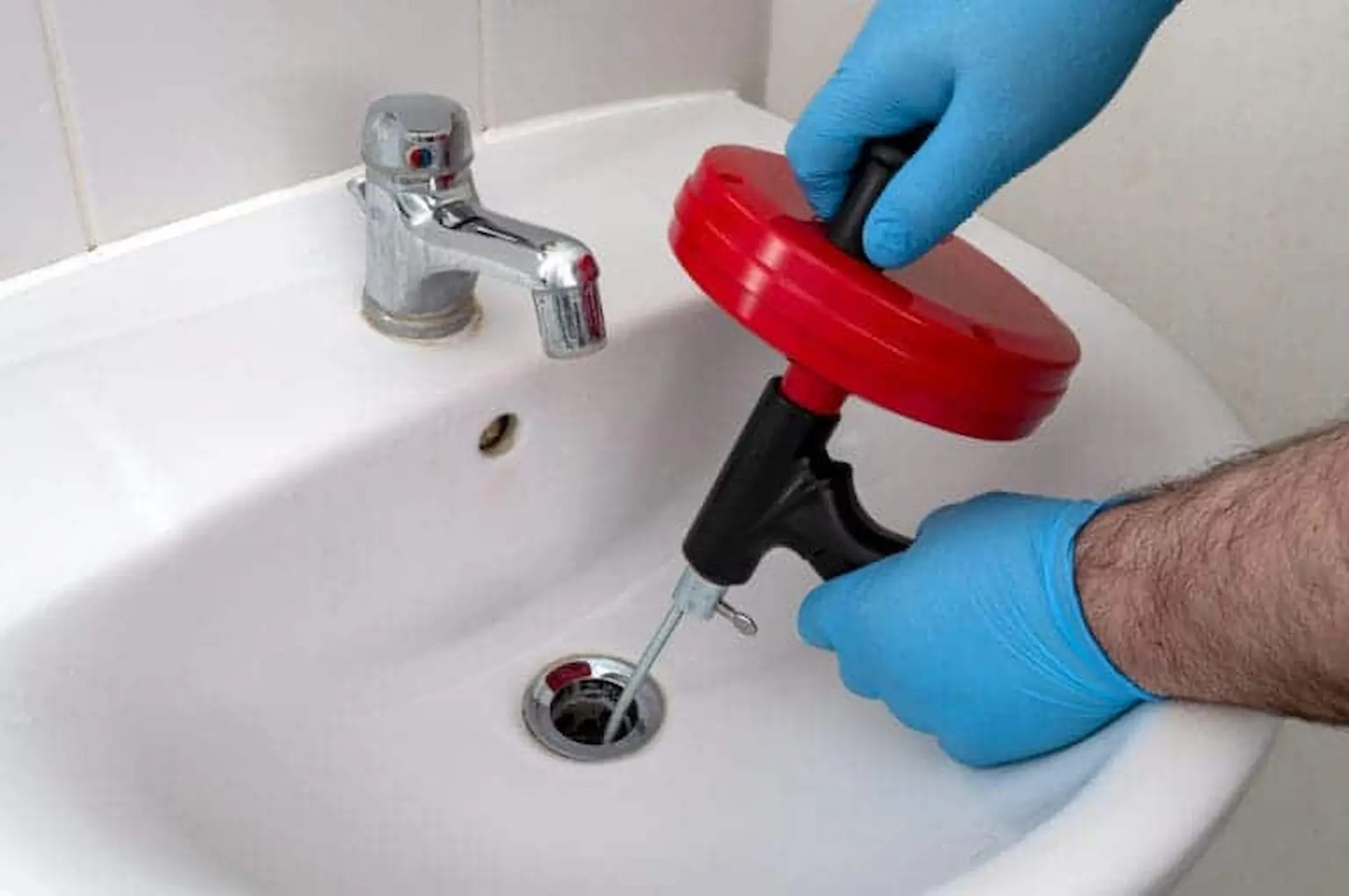
Residential Drain Cleaning in Des Moines | Lazer Home Services
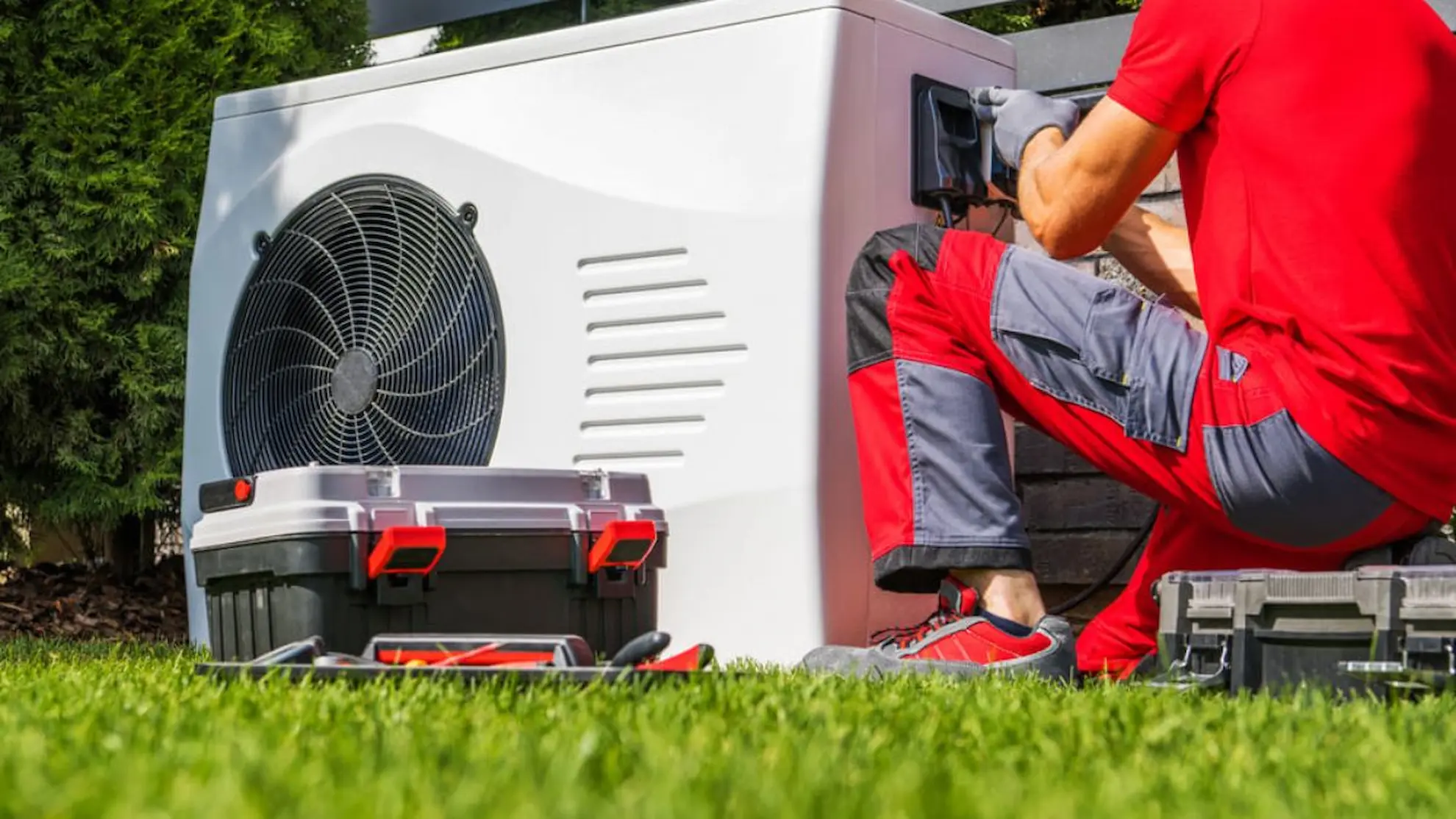
Heat Pump Repair and Installation Solutions in Des Moines.

How to Detect Hidden Pipe Leaks | Lazer Home Services
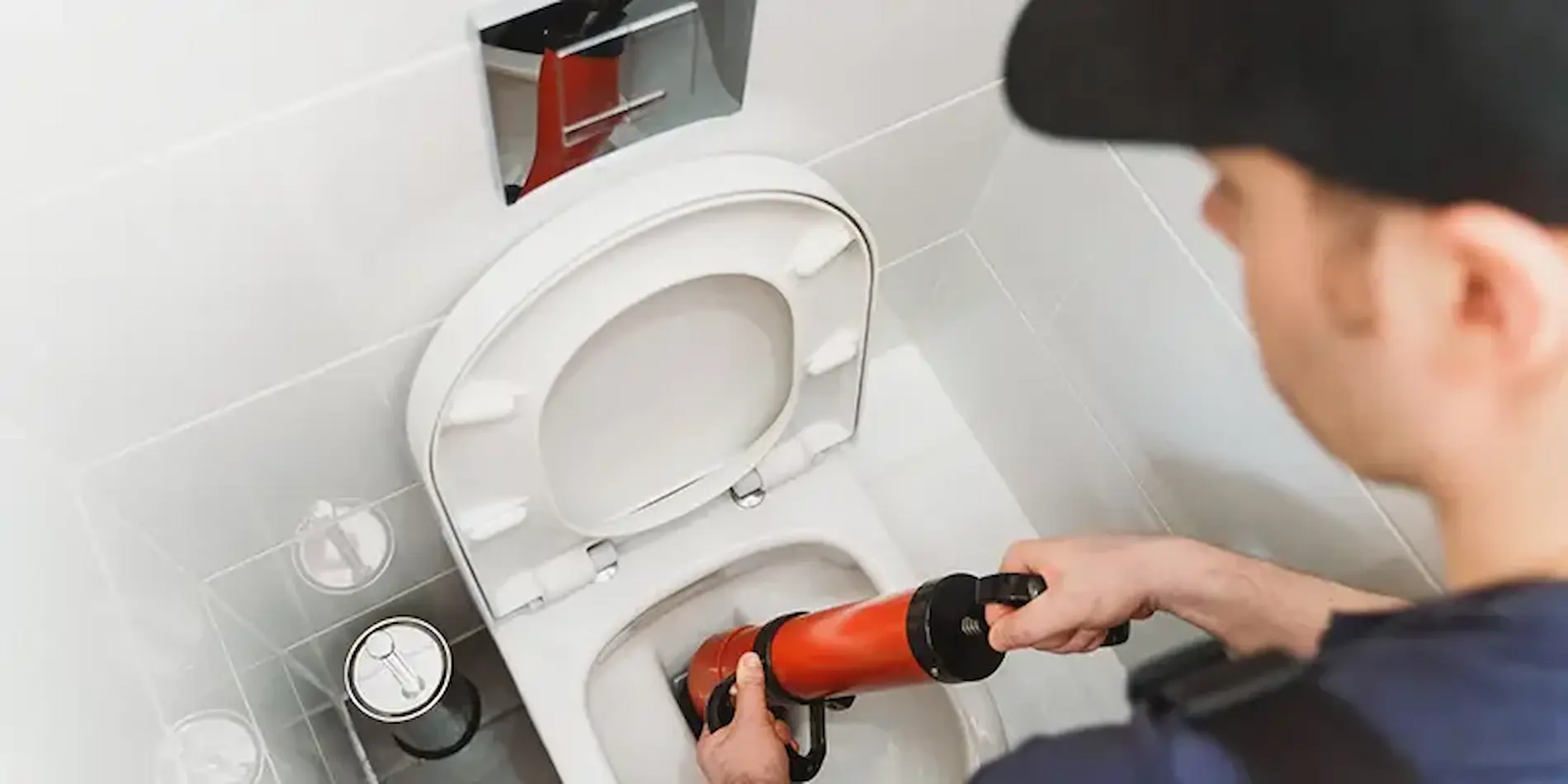
5 Early Warning Signs Your Home Plumbing Needs Urgent Attention
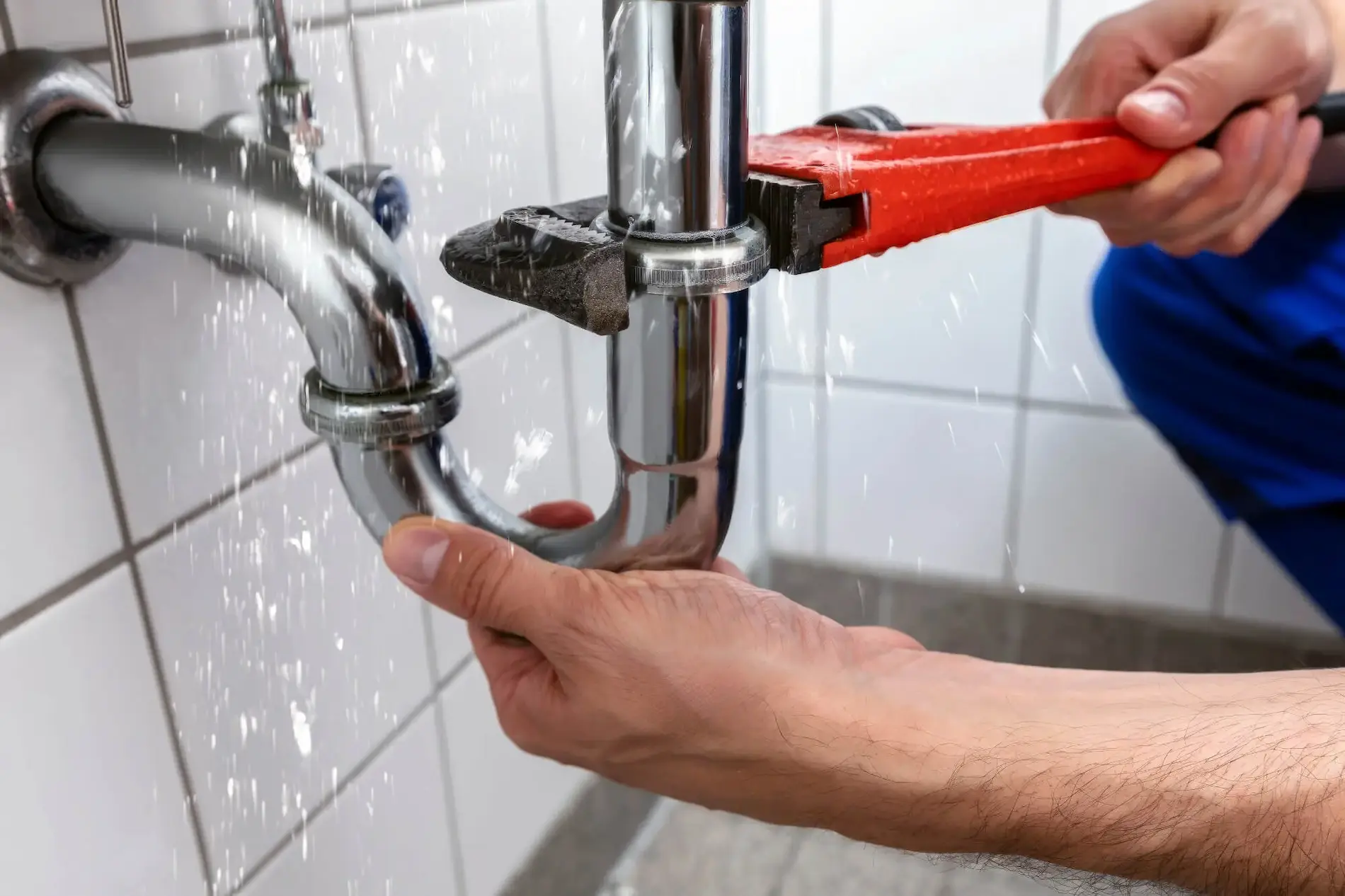
Plumbing Maintenance Checklist Des Moines | Lazer Home Services
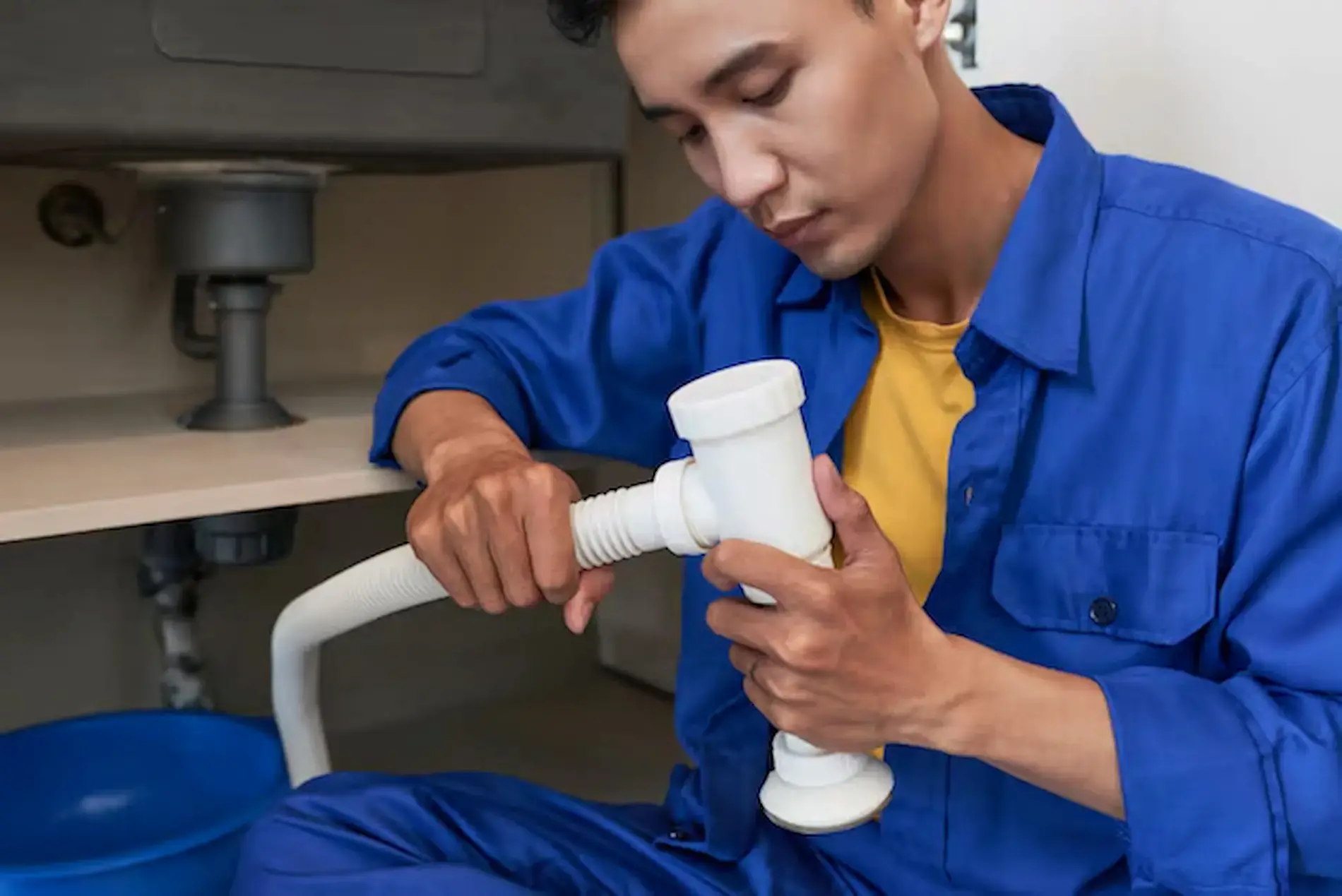
Leak Detection and Repair in Des Moines | Lazer Home Services
